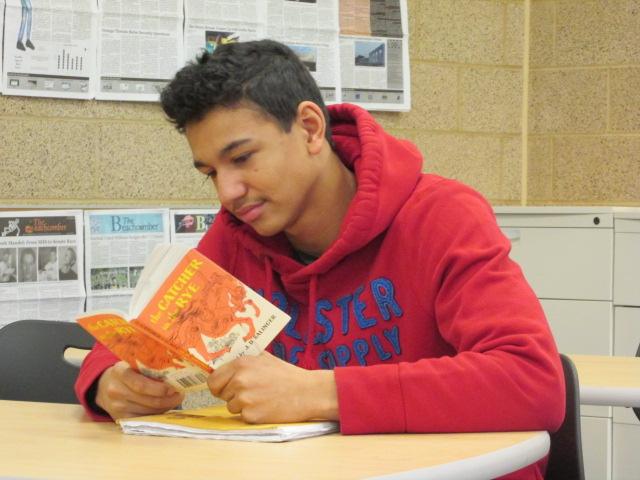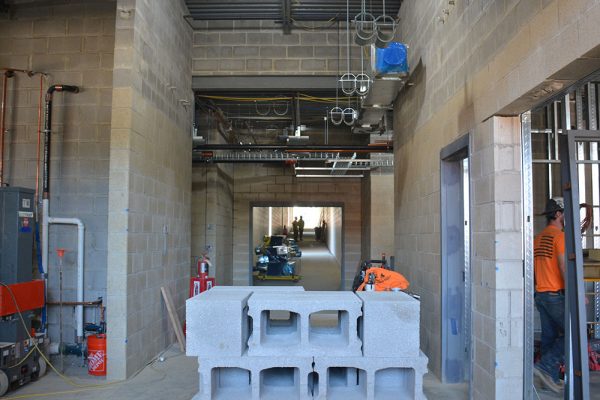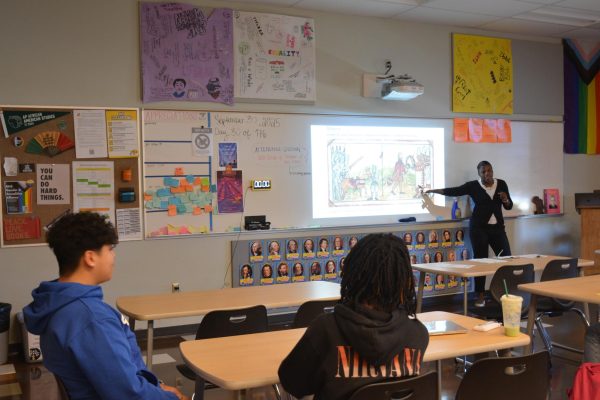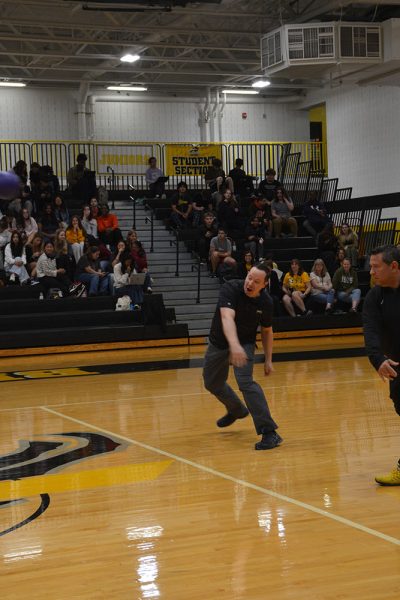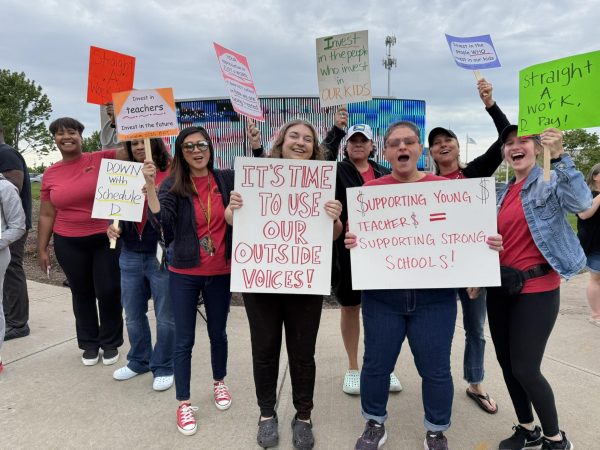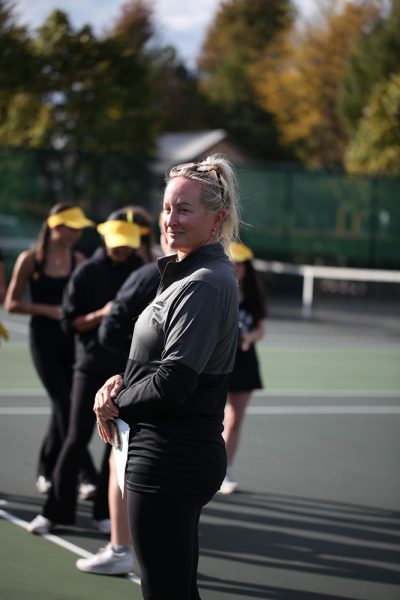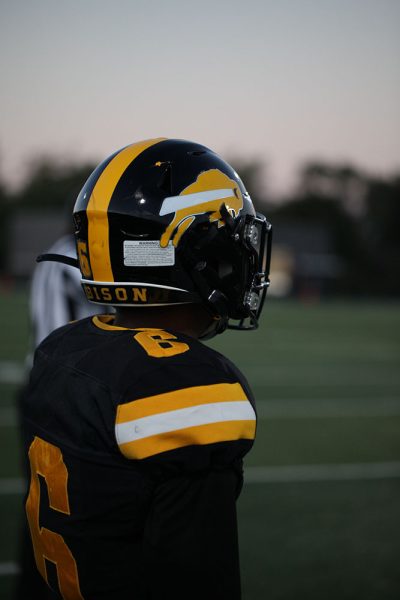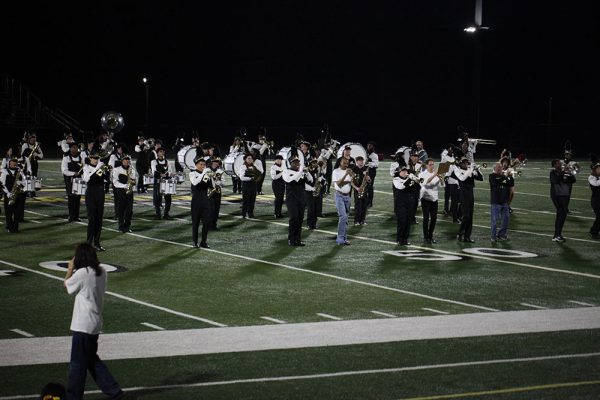MAC Scholars Address Achievement Gap
The Minority Achievement Committee (MAC) meets every other Wednesday after school in social studies teacher Greg Deegan’s classroom. According to Deegan, one of the main goals is to improve academic achievement for all minority students.
“We try to connect members to all the academic offerings, but also explore ways to improve academic performance,” Deegan said.
At one of the meetings this fall, Deegan’s room was filled with laughter. As students sat down, the MAC Executive Board members walk in: juniors Marilyn Farley, Tyler Thomas and Porsche Moore.
Deegan advises the group with interpreter Patte Bettis-Eddie.
The meetings always begin with the MAC pledge:
“As a MAC scholar, I pledge to strive for academic excellence, respect and leadership among African Americans and others in our school and community. I will engage in the meetings and do my best to further the group to excellence. I am a MAC Scholar.”
Another one of the group’s main goals is to close the achievement gap between minorities and non-minorities by providing a support system.
“[One of our goals] is to be [an] academic and social support network for anyone interested in thinking about race in schools and in our culture,” Deegan said.
“Usually students do better with other students,” sophomore MAC member Bryce Darby wrote in an email. “…because they can relate… I believe the kids will do better and can get work done more productively, but the biggest thing is they have to want to do it for themselves.”
“[MAC] gives you an insight on African-American history and our culture,” Darby wrote. “…as well as what we had to go through to get to where we are today…[it] just brings everyone closer together. It is also a great experience because it is not only just for African-American…students, but for…any ethnicity: Whites, Hispanics, Asians, it doesn’t matter, everyone’s welcomed.”
For every meeting there is always a schedule on the board. During the Oct. 30 meeting, the majority of the time was spent deciding on a theme for the Black History Month Assembly.
A stuffed kangaroo was used to moderate the conversation. Members are not allowed to speak until receiving the kangaroo.
When Farley had the kangaroo. Everyone else was silent.
“We’re going to split up into three groups and brainstorm ideas,” she said. “Okay, guys? Tyler will count you off.”
Each group started brainstorming, each coming up with at least ten different ideas. Moore typed up all of the groups’ ideas and projects them on the whiteboard. What the MAC wants to do is teach about Black History Month.
“Many white people think ‘oh, it’s Black History Month, so I don’t need to worry about it,’” Deegan said. “That’s not true. People need to realize that the only way we are going to overcome this is by everybody getting involved and learning about it.”
Bettis-Eddie and Deegan both think that having an MAC group is important. Bettis- Eddie feels a responsibility to solve the problem.
“I am cognizant of the fact that there is an achievement gap among our African-American students here in Beachwood,” she said. “I would be a lackadaisical African-American educator if I didn’t try to be a part of a solution to close the gap.”
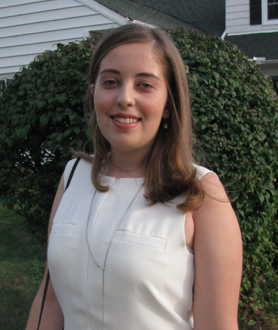
Senior Dalia Zullig had been the Online Editor-in-Chief for three years and is now the Editor-in-Chief. She enjoys writing features the most and runs...



